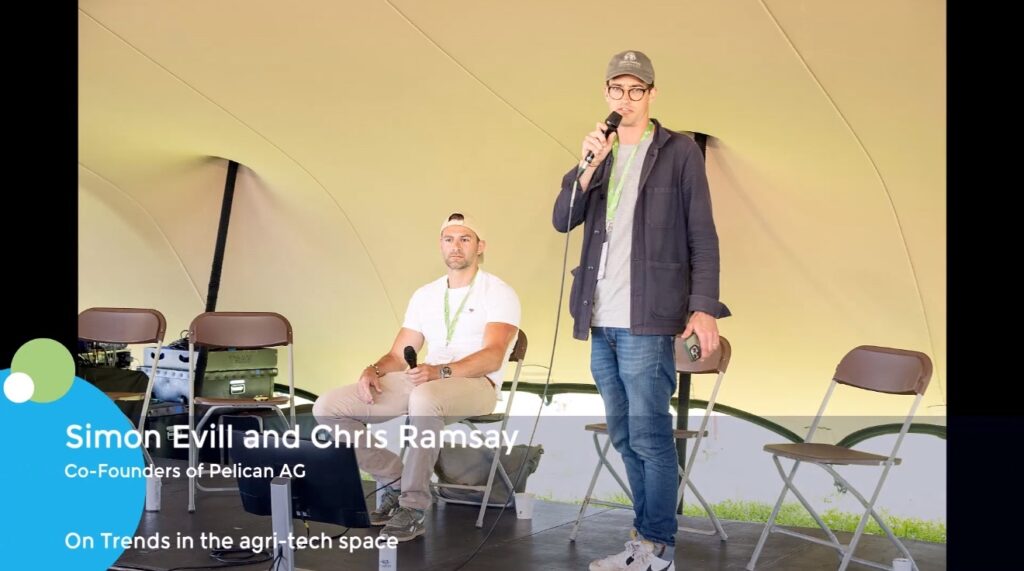Illumina’s SomaLogic acquisition may face GRAIL-like regulatory hurdles
US life sciences company Illumina’s acquisition of SomaLogic, announced on 23 June, may face a regulatory landscape reminiscent of its failed GRAIL acquisition, according to two Brussels antitrust lawyers familiar with the deals.
That’s because Colorado-based SomaLogic is big in proteomics, a market that is complementary but adjacent to the next generation sequencing (NGS) market where Illumina holds a dominant position, the first lawyer said.
There are “obvious opportunities for bundling or degrading the interoperability of competing products”, he said, and added that a competitor has already alerted the merger control authorities to these concerns.
Proteomics, the study of proteins and their functions, is seen as the next frontier in genomics. Like NGS, proteomics is used in health research, drug development and diagnostics – areas where regulators, especially in the EC, have been keen to protect innovation, the second lawyer noted.
That in mind, merger watchdogs are likely to be sensitive to concerns that the deal may harm SomaLogic competitors, like Thermo Fisher’s Olink and Alamar, and help to protect Illumina’s dominance in NGS against upstart rivals such as Ultima, the first lawyer said.
The proteomics sector has recently been analysed in depth by the German and UK authorities, in the context of Thermo Fisher’s 2024 acquisition of Swedish proteomics specialist Olink.
For that situation, the German competition authority carried out an in-depth investigation and the UK Competition and Markets Authority (CMA) conducted a detailed Phase I analysis of the market. Both agencies ultimately cleared the USD 3.1bn deal.
In their analyses, the two agencies mention Illumina and SomaLogic as important competitors to Thermo Fisher and Olink, with the German authority concluding that the deal would have a “positive stimulating effect on competition in the market for NGS systems, which has previously been dominated by Illumina.”
In the UK decision, SomaLogic is described as “Olink’s closest competitor and the second largest provider of high-plex assays [a type of proteomics technology] with a large share of supply of [40-50]% in the high-plex assays segment and [10-20]% in the broader supply of technologies used in discovery and translational proteomics research.” The German review cited similar market shares.
Both regulators mentioned Californian start-up Alamar as a new market entrant.
Echoes of GRAIL
When Illumina tried to buy GRAIL in 2021, the EC highlighted the deal’s impact on the “innovation race” to develop new multi-cancer detection tests.
GRAIL used Illumina’s NGS DNA sequencing technology for its blockbuster test, Galleri, capable of detecting more than 50 cancers from a simple blood draw.
Illumina has a stranglehold on NGS technology, and the Commission worried that owning GRAIL would give the company an incentive to deny access to it for those striving to develop competing tests.
Safeguarding innovation in this market led the Commission to prohibit the transaction and demand the deal be unwound, at a significant loss to Illumina. The US FTC also sued to block the deal.
It’s not hard to imagine regulators having similar worries about Illumina taking over SomaLogic and potentially foreclosing downstream competitors in proteomics, the second lawyer said. This too is a nascent field with the potential for life-saving discoveries.
But another similarity to the GRAIL/Illumina saga may be merger control authorities, particularly the European Commission, struggling to assert jurisdiction over the transaction.
GRAIL had little to no business in the EU, and the EC was rebuked by its top court for illegally assuming the power to review and prohibit the deal.
In view of SomaLogic’s size and the USD 350m deal value (plus up to USD 75m in near-term performance-based milestones and royalties), this transaction also may not meet thresholds for review, both sources said.
Jurisdiction is straightforward for countries like the US and China, which have the power to call in deals they deem of interest.
The UK, too, has call-in powers, but might not want to wade in here. The CMA has made it “pretty clear” lately that it doesn’t intend to piggyback on every global deal, particularly if there isn’t much UK activity, the first lawyer said.
For the EC, the power to review the deal might need to come via a referral from a member country with call-in powers, like Italy, the first lawyer said.
That is because SomaLogic’s turnover in national markets probably falls below national thresholds too, he said, adding that the USD 350m price tag does not top Germany’s EUR 400m deal value threshold.
Austria has a lower deal value threshold – EUR 200m – but it also requires the target company to be “active to a large extent on the domestic market”.
Spain could conceivably have jurisdiction via its 30% combined market share threshold, based on the SomaLogic market shares mentioned in the reviews of the Olink deal, the first lawyer said.
The official press releases for the deal do not explicitly mention regulatory approvals, but the fact that the transaction is only expected to close in the first half of 2026 implies that the companies expect they will need clearance from at least some competition authorities.
Illumina and SomaLogic did not reply to requests for comment on this article. The European Commission declined to comment.










